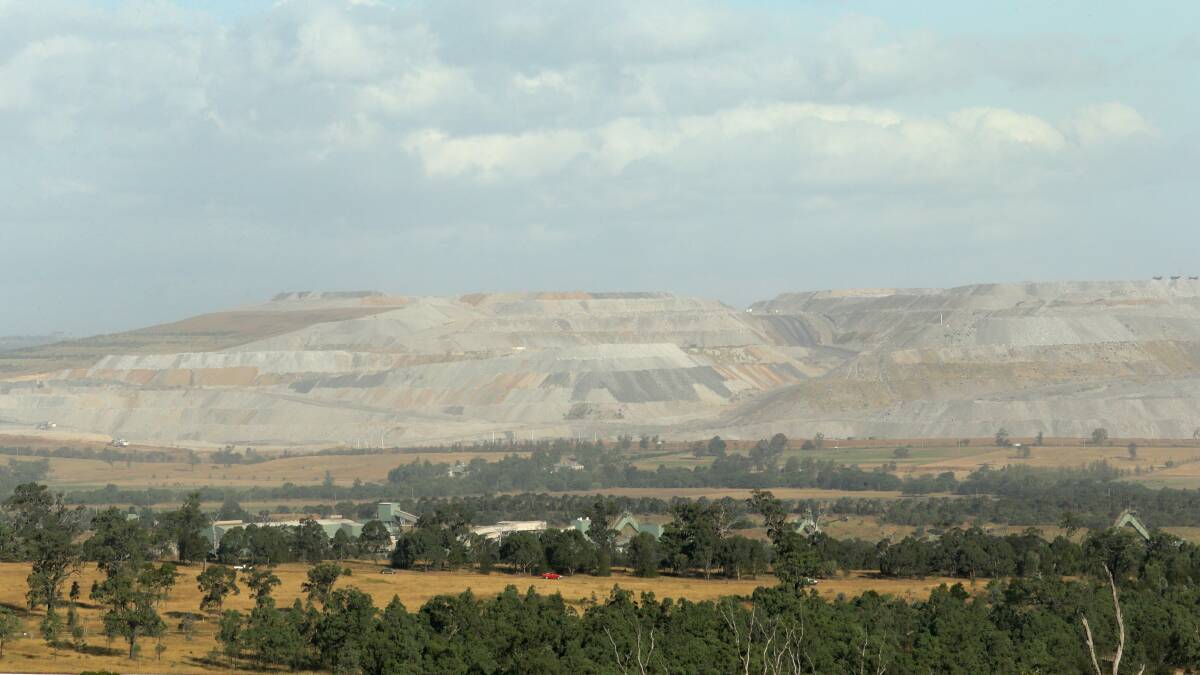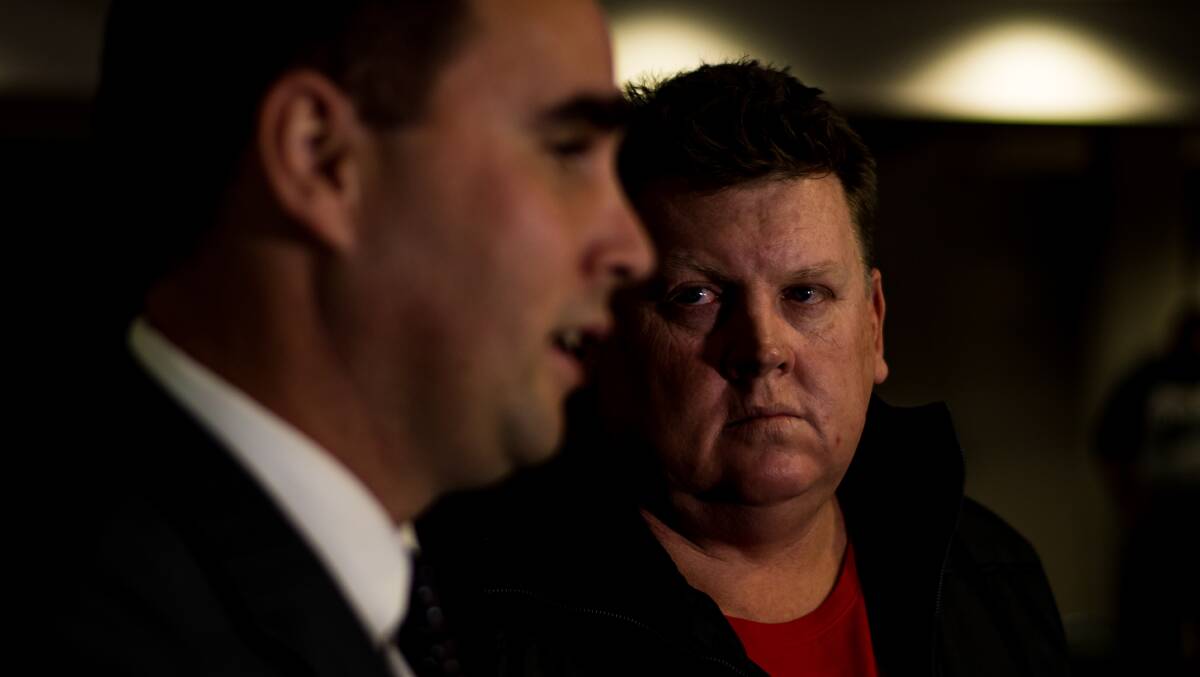
The mineworkers union has won a landmark Federal Court case in its ongoing battle with employers over the use of casual mineworkers in the NSW and Queensland coal industries.
Subscribe now for unlimited access.
or signup to continue reading
The Full Federal Court decision on Thursday is the third case in a series begun in 2016 over a fly-in-fly-out truck driver, Paul Skene, who worked at Rio Tintos Clermont mine from 2010.
Mr Skene was employed by WorkPac, one of a number of contract labour suppliers in the coal industry. Although Mr Skene was regarded by his employer as a casual, the latest court case has upheld the view that the regular and continuous nature of his work, on a fixed roster, meant he could not be classed as a casual under the Fair Work Act.
The case has been lauded by the ACTU as a major blow to sham arrangements. Employer groups, however, have slammed the decision and called on the federal government to intervene by strengthening the legal definition of a casual employee. The Australian Industry Group says the decision may end up in the High Court of Australia.
The national president of the mineworkers union, Tony Maher, and northern district president Peter Jordan said the use of casual labour hire workers was out of control in the Hunter and Queensland coal industries.
Labour hire employees are now a significant proportion of the workforce at most coal mines, with the vast majority employed casually, Mr Maher said.
Many are casual in name only, working side by side with permanent employees on the same rosters over extended periods, but with no job security.
This decision challenges a flawed business model based on driving down costs by casualising large portions of the workforce. It means the end of the so-called permanent casual, which was always a contradiction in terms and a rort.
Mr Jordan said the decision potentially opened the way for thousands of claims in the coal industry for paid annual leave and other entitlements.
Mr Maher said the labour hire industry would cry foul over this decision the answer for them is to employ people on proper arrangements that reflect the real nature of their work.
The Skene case is not the only action the union has taken in a bid to counter the increasing use of casual labour in the mines, and nor is the union the only organisation fighting the practice.
As the Newcastle Herald has reported, dissatisfaction with the practices of at least some labour hire law firms operating in the coal industry has attracted the interests of class action lawyers, including Canberra specialist firm Adero Law.
In a class action co-led by injured former Mount Arthur labour hire worker Simon Turner, Adero has begun a multi-million-dollar class action that aims to retrieve substantial amounts of money for present and former workers that Adero argues should never have been labelled as casual in the first place.

Critics also point to some of the enterprise agreements signed between big labour hire firms and the CFMMEU, saying the union has endorsed the practice at the same time as professing to fight it.
As a case in point, the Federal Court is examining the fairness of a deal cut by the union and OneKey, a prominent provider that boasts rugby league identity Darren Lockyer as its public face.
The court has called for the appointment of an amicus curae a friend of the court to look after the interests of current and former employees of [One Key] who are not members of the [union].
FURTHER READING


